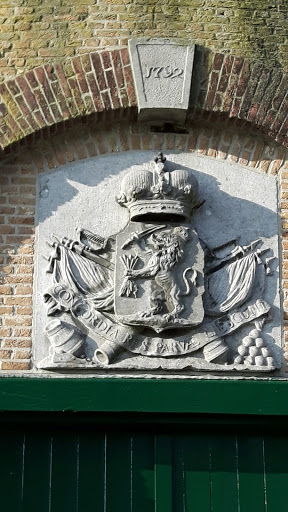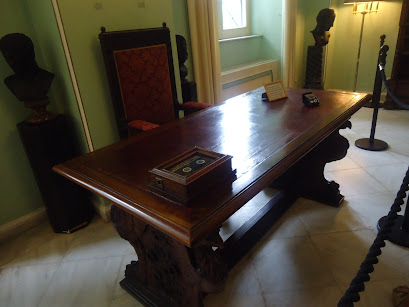Franz I, Prince of Liechtenstein

Liechtenstein, a German-speaking micro state in the Alps in the southwest of Central Europe really has an interesting royal history. It is a principality headed by the Prince of Liechtenstein. Birth On 28 august 1853, Franz I, Prince of Liechtenstein was born at Liechtenstein Castle, near Vienna in the Austrian Empire. His parents were Prince Aloys II of Liechtenstein and Countess Franziska Kinsky of Wchinitz and Tettau. Franz I attended the University of Vienna in Austria and later he went to the University of Prague. He also was a Knight in the Austrian order of the Golden Fleece. Love and Marriage Franz I, Prince of Liechtenstein fell in love to Elisabeth von Gutmann, a woman who had converted to Roman Catholicism from Judaism. The brother of Franz I, Prince Johann disapproved the relationship and he refused to give his consent. But Franz I married Elisabeth von Gutmann secretly after the death of his brother Johann. Duty On 11 February 1929, Johann...


